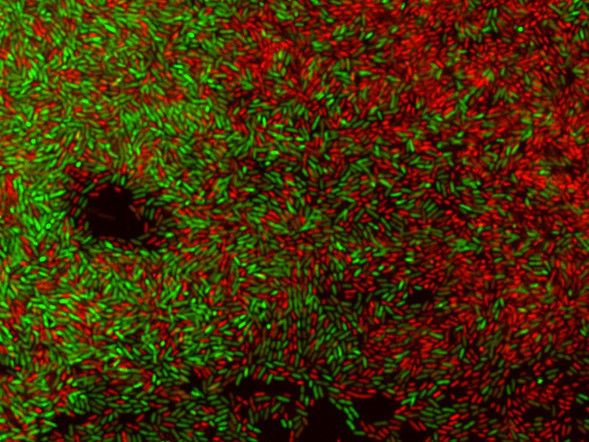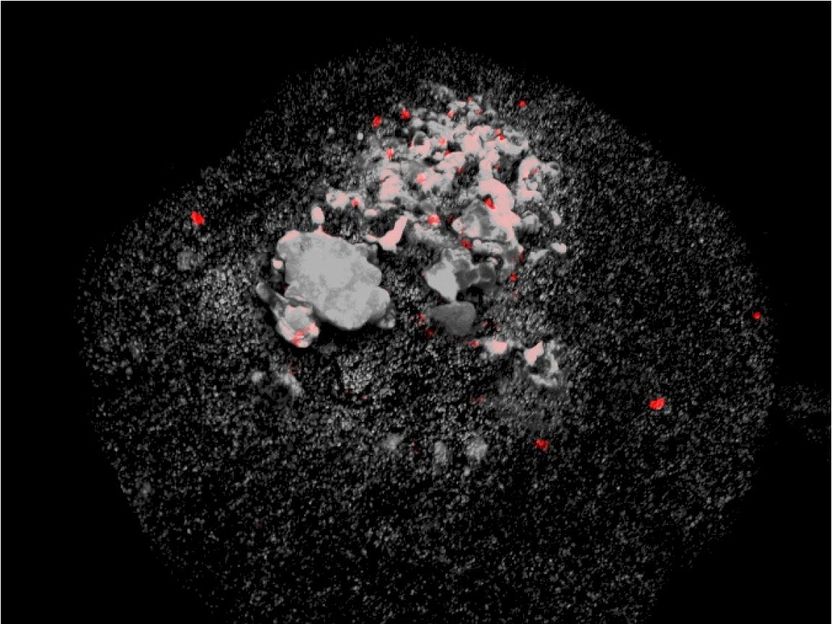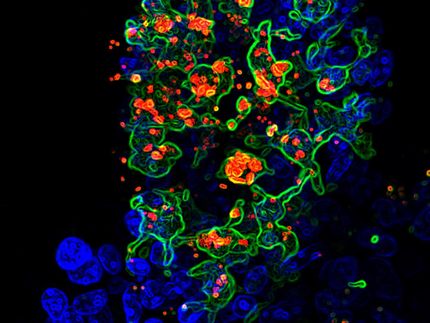Shield Signs Agreement for ST10-021 with AOP Orphan Pharmaceuticals
AOP Orphan to make strategic €3m investment in Shield Holdings
Shield Holdings AG announced that it has signed a strategic commercialisation agreement for its lead asset, ST10-021, an iron therapy product which has commenced Phase III clinical development, with AOP Orphan Pharmaceuticals AG (“AOP”).
Under the terms of the agreement, Shield, whose products address areas of high unmet medical need, will receive an upfront payment of €1.25m and further milestone-based payments of up to €1.75m. AOP will receive commercialisation rights to ST10-021 in Central Eastern Europe and the Middle-East, together with an equity stake in a subsidiary of Shield.
ST10-021, a novel stable complex of ferric iron in an oral formulation, is being developed as a daily prescription pharmaceutical iron therapy product with an initial indication for the treatment of iron deficiency anaemia (“IDA”) associated with inflammatory bowel disease (“IBD”). IDA is a significant complication of IBD, affecting approximately 73% of patients with ulcerative colitis or Crohn’s disease globally1,2. ST10-021 was acquired by Shield in Q1 2010 and has global patent protection through 2026.
Shield recently initiated a pivotal Phase III programme for ST10-021 as a treatment for IDA as a side-effect of both ulcerative colitis and Crohn’s disease. Two parallel clinical trials will commence patient enrolment in 2011. The international, 12 week, multi-centre trials will include approximately 120 patients each and the primary endpoint of the studies will be measurement of haemoglobin improvement via a simple blood test. Tests conducted to date in nearly 400 humans suggest that ST10-021 may be safe and well tolerated, with the potential to provide a new therapy option that could overcome the clear limitations of current treatments.
Currently available oral treatments for IDA demonstrate limited effectiveness due to negative side-effect profiles and low levels of compliance. Intravenous therapies also have limitations as they are expensive, have the potential to cause hypersensitivity reactions and are inconvenient due to the requirement for hospital-based administration. Rapid absorption of ST10-021 in the upper gastro-intestinal tract may enable lower dosing and may mitigate the risk of unwanted gastro-intestinal side effects commonly observed with commercially available oral iron replacement therapies. In addition, it appears that the efficacy of ST10-021 is not dependent on an acidic gastric pH, so it may be able to be co-prescribed with commonly used gastric-acid reducers.
Most read news
Other news from the department research and development

Get the life science industry in your inbox
By submitting this form you agree that LUMITOS AG will send you the newsletter(s) selected above by email. Your data will not be passed on to third parties. Your data will be stored and processed in accordance with our data protection regulations. LUMITOS may contact you by email for the purpose of advertising or market and opinion surveys. You can revoke your consent at any time without giving reasons to LUMITOS AG, Ernst-Augustin-Str. 2, 12489 Berlin, Germany or by e-mail at revoke@lumitos.com with effect for the future. In addition, each email contains a link to unsubscribe from the corresponding newsletter.
Most read news
More news from our other portals
Last viewed contents
New mechanism of pancreatic cancer discovered
Unconventional natural gas wells associated with migraine, fatigue
Pieris Initiates Phase I Clinical Trial for Lead Anticalin Compound - Anti-VEGF PRS-050 is first Anticalin tested in humans
New combination therapy looks promising against ulcer bacteria
European Medicines Agency advises on compassionate use of daclatasvir - Opinion concerns use in combination with sofosbuvir in patients with chronic hepatitis C in urgent need of therapy to prevent progression of liver disease
Novartis completes shipment of US supply of Fluvirin seasonal influenza vaccine
A Change of Culture for Healthcare
Medicyte GmbH Benefits From Multi-Million Euro EU Grant VascuBone
Pneumonoultramicroscopicsilicovolcanoconiosis

Biofilms - an invisible threat to food safety - Hotspots for biofilms

Snake venom treatment investigated as antibiotic alternative for eye infections






















































